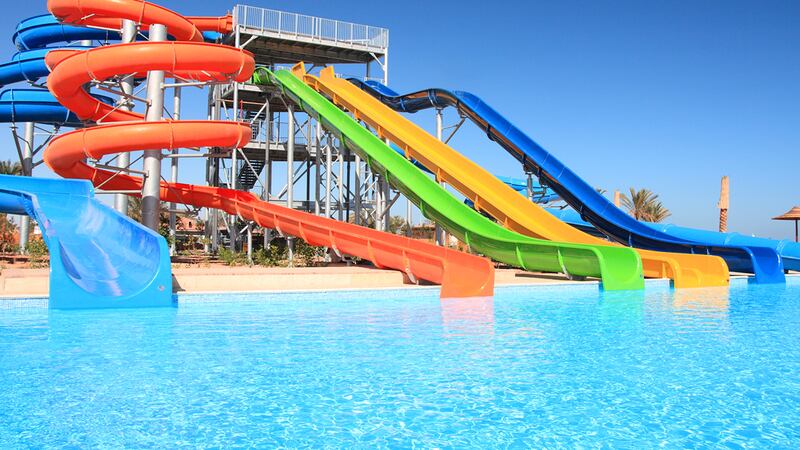With Memorial Day just a week away and pool season getting underway for the summer, the Centers for Disease Control and Prevention has issued a warning about a dangerous parasite linked to public pools and water parks.
The parasite is called cryptosporidium, or crypto, and it can contaminate a pool very quickly.
Here's how it is transmitted to humans: "If someone has a diarrhea incident in the water, and someone else comes around and swallows that contaminated water, it spreads," said Michele Hlavsa, chief of the CDC's Healthy Swimming Program.
Hlavsa said when a person swallows contaminated water, they could have diarrhea that lasts up to three weeks, and since it's mostly young people who swallow pool water, parents need to teach their children about water safety.
"As the parent of a 2-year-old, I know exactly how hard that is (to keep kids from drinking swim water), so it's really important. If we're good about doing it at the lake where there is no chlorine in the water, we need to be just as good about warning our little ones not to swallow the water in the pool," Hlavsa said.
Public pools and water parks need to undergo daily testing to make sure the water is clean and safe.
“We make sure before the pools open every morning the water is tested,” said Marvin Billups, the interim director of Parks and Recreation for DeKalb County. “We make sure that the pH is right and from that point on we’re ready to go.”
Billups said his crew has been busy getting county pools and water parks prepared for summer swimmers. He said the department hires professionals to make sure the water is balanced and clean.
“We hire contractors to handle that, and that’s for the chemical composition of the water, and that’s for the lifeguarding of all the kids and adults we have in that area," Billups said.
To make sure your family has a safe and healthy summer at the pool, just follow a few CDC safety tips.
"So, really, this is just a reminder to everyone (that) we have to be smarter about how we swim, and swim healthy, not swim with diarrhea and not swallow the water we swim in," Hlavsa said.
The CDC also recommends that parents make sure young people shower before they get into the water. It also said if you take young children to the pool, make sure you take them to the bathroom frequently as a precaution.
Cox Media Group








